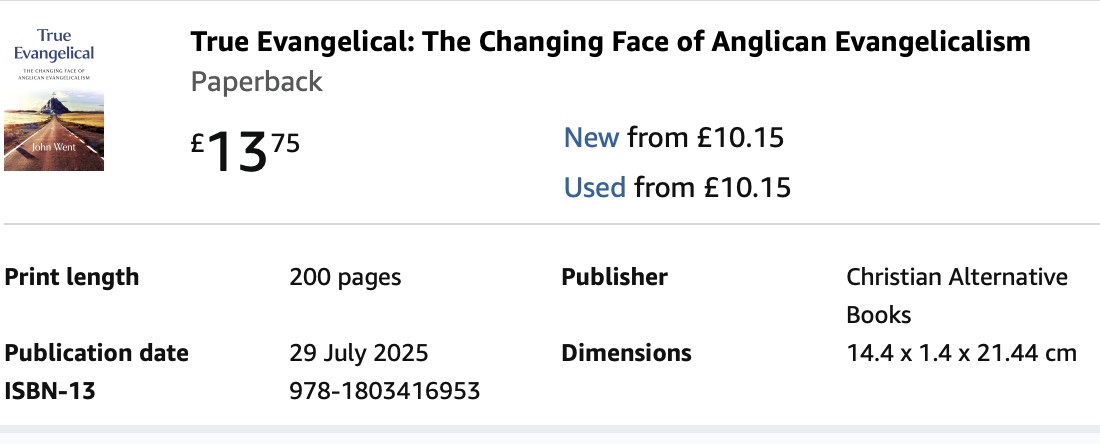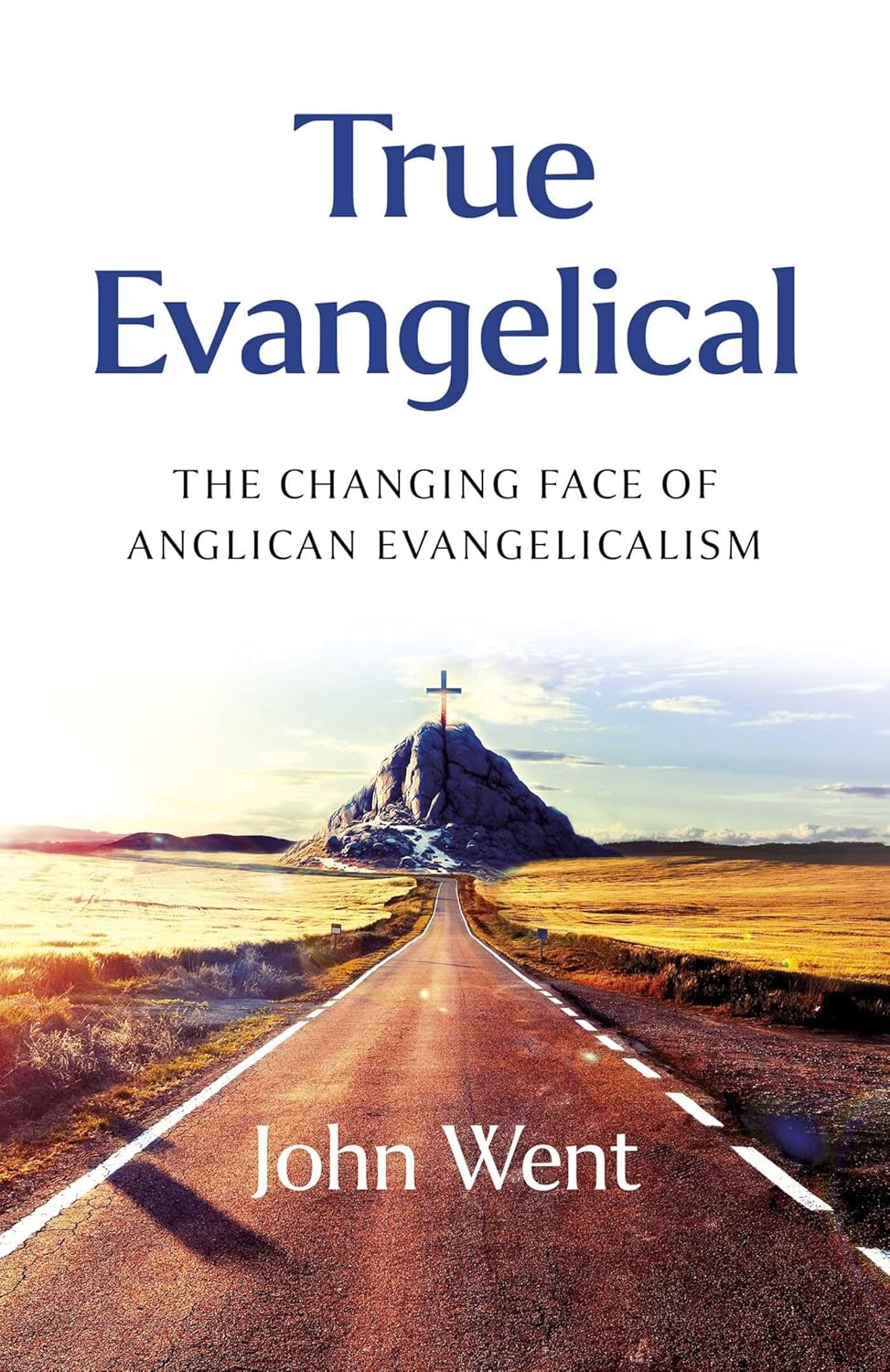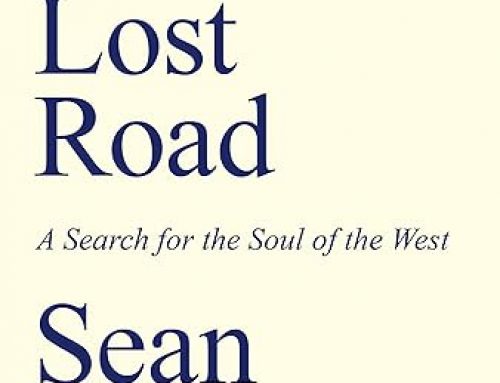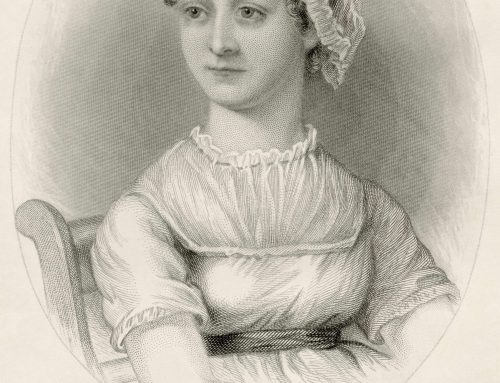Book review: True Evangelical: the changing face of Anglican Evangelicalism by John Went
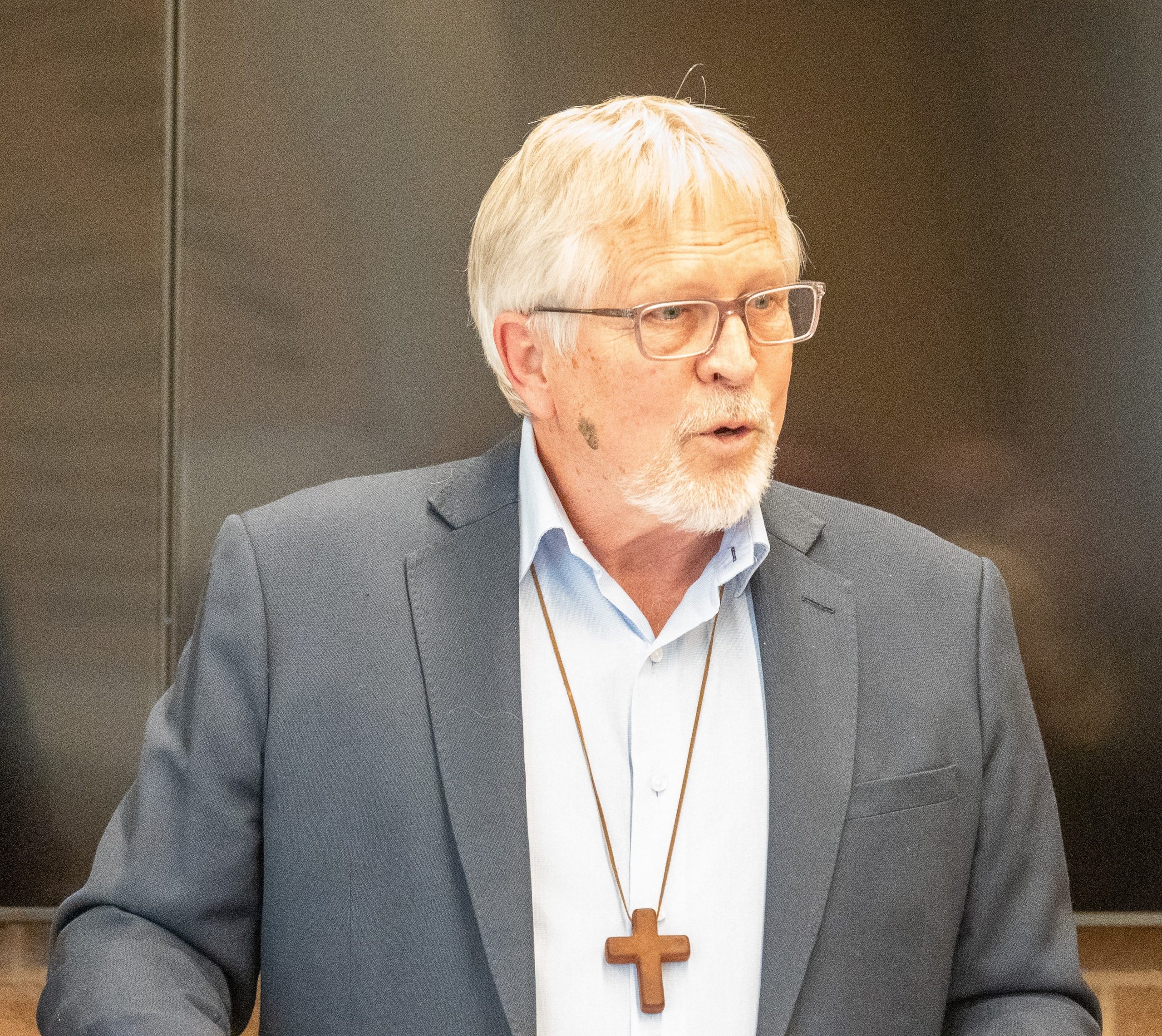
Reviewer, Fr. Keith Mascord is a Canadian-born Australian who, prior to retirement, managed the NSW multi-faith prison chaplaincy team. He is an Anglican priest and an academic having taught (philosophy and pastoral ministry) at Moore Theological College in Sydney. He now identifies as a progressive. He traces his intellectual and spiritual journey in three books, A Restless Faith: leaving fundamentalism in a quest for God (2012); Faith without Fear: risky choices facing contemporary Christians (2016) and An Honest Faith: the possible friendship of Athens and Jerusalem (2015) – see reviews Anglicanism.org.
The title of Bishop John Went’s book is, I suspect, deliberately provocative. Is Went saying that he himself is a ‘true evangelical’ in contrast to others? He is certainly comfortable, even proud, to identify as an evangelical, in large part because he believes that evangelicalism has the necessary resources to accommodate a rapidly changing world. As I set out to read the book, I wondered if the title might have become even more provocative, given changes now up-ending Anglicanism in all of its forms. The Gafcon initiated schism had not yet happened when True Evangelical was published, but its shadow already overlay the book’s horizon. More could have been said about this. I fear that Went’s ‘vision of a church that is united at the same time as allowing for an enormous richness of diversity,’ (p. 168) is now unlikely to be realised. For me, that is a great sadness.
There is much to like about True Evangelical. The book is part autobiographical, part analysis. This enhances its readability. Went has been retired since 2013. He has thus had time to reflect on his own spiritual journey, which began in Anglo-Catholicism and transitioned into a convictional evangelicalism. In part because of this background, Went is comfortable with the different streams of Anglicanism – Evangelical, Anglo-Catholic, Charismatic and Liberal. One further expressed reason for this comfort is Went’s willingness to live with mystery and unanswered questions, while anticipating that the quest for better understandings can, if given a chance, deliver a faith which is ‘wonderfully expanded and enriched’ (p. 167). That has also been my experience, and so I resonate with the author’s cautious hopefulness.
In reading through True Evangelical, I was, however, left wondering whether Went’s cautious hopefulness was justified, given that evangelicalism in the worldwide Anglican Communion appears to have turned in a decidedly fundamentalist direction, with recent statements from Gafcon expressing support for Biblical inerrancy and opposition to the ordination of women to the Episcopacy. More could definitely have been said about Went’s developed understanding of Biblical authority. In outlining his own hermeneutical assumptions, Went indicates support for a ‘dispersed authority’ hermeneutic, whereby reason, tradition and experience are allowed to sit alongside Scripture in the task of interpreting Scripture. As he puts it:
‘I have come to identify much more closely to a specifically Anglican perspective on my Evangelical faith that accepts the primacy of Scripture but is also prepared to acknowledge an appropriate place for tradition and experience in interpreting Scripture,’ (p. 10).
What I found disappointing about this otherwise welcome expansion of authorities was Went’s unwillingness to go further. He appears to baulk at the idea, expressed by John Henry Newman, that the Scriptures are dynamic, fluid and changing over time, enabling the interpreter to critique scripturally expressed convictions and beliefs in light of newer understandings. He appears still shackled to a typically evangelical ‘plain sense’ approach to interpreting Scripture which sits uncomfortably with a more dynamic understanding of Scripture. He also appears to restrict the outcome of his dispersed authority approach to the discovery of what he would say was always there in the Scriptures to be unearthed. So, for example, better conclusions about women’s leadership in ministry only came about after unhelpful and long-standing cultural prejudices were set aside. Went appears loath to take any step beyond Scripture, especially if it appears to violate the plain sense meaning of Biblical texts.
Tellingly, Went leaves unquestioned a conclusion by Carl R Trueman that ‘innovative views of sex, gender and marriage are inevitably repudiations of the fullness of Anglican traditions as “even the briefest glance of the Book of Common Prayer or the Homilies or the Thirty Nice Articles will reveal,”’ (p. 1,2) Sex and gender issues, along with diverse understandings of the authority of Scripture, have been key factors in the split currently unfolding in the Anglican Communion. Much more could have been said, and perhaps should have been said by Went to indicate exactly where his appeals to Scripture, tradition and experience have led him, on issues of sex and gender in particular.
There is much in True Evangelical that fellow Bishops and clergy will enjoy reading, including reflections on the value of Anglican ecclesiastical traditions in nurturing Christian faith. His struggles match those of many. I was, however, left wondering whether, in what was likely an always busy life as a Bishop, Went had sufficient time to fully explore a host of critical issues that have left his more cautious approach behind, and which further highlight the weaknesses of plain sense readings. These include issues of genre, with the increasingly obvious presence of myth in both the Old and New Testaments. Issues around the dating and authorship of Biblical books are also neglected by Went. These play havoc with efforts to articulate a coherent and persuasive understanding of Biblical authority. Perhaps more seriously, Went’s evangelical prioritising of Scripture as his final and mostly untouchable authority puts him on collision course with a host of ethical issues including Biblical descriptions of genocide in the mythical story of Noah’s Flood or in purportedly historical accounts of God’s killing of first-born males in Egypt, or in God’s commands to wipe out whole tribes in the unlikely-to-be-historical conquest narratives.
To his credit, Went acknowledges his own limitations of understanding. I’d love to see him walk further in the direction he has walked thus far, maybe towards a better evangelicalism. As a fellow retiree, I can vouch for the do-ability of such additional walking. A postscript or another book would be welcome.
Rev. Dr. Keith Mascord
4th November 2025
